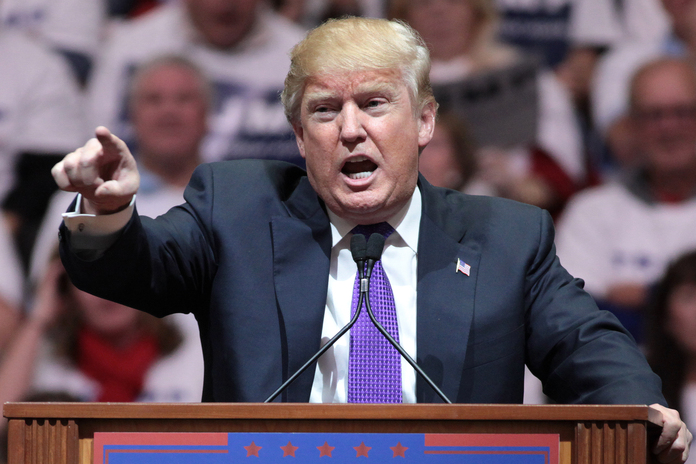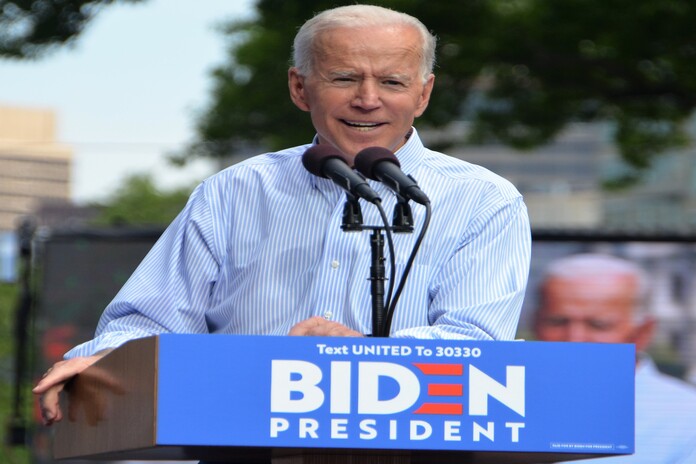Elon Musk Rumored to Attend Bitcoin 2024 Conference
This post was originally published on this site

Tesla CEO and billionaire Elon Musk has recently sparked speculation that he may attend the upcoming Bitcoin 2024 Conference in Nashville, Tennessee. The buzz began when Musk changed his profile picture on X (formerly known as Twitter) to laser eyes, a symbol often associated with cryptocurrency enthusiasts. This change has led many to wonder if the longtime Dogecoin promoter will join the event, especially alongside former President Donald Trump.
Hints and Teases
David Bailey, CEO of BTC Inc., the parent company of Bitcoin Magazine and the annual Bitcoin conference, added fuel to the fire with a cryptic tweet on July 19. Bailey’s tweet, “apologizing in advance for breaking the internet,” seemed to tease Musk’s possible attendance at the Nashville conference. This has excited the crypto community, eager to see what Musk’s presence might bring to the event.
Musk has been a prominent supporter of Dogecoin, often sharing humorous and supportive posts about the cryptocurrency on social media. This behavior has led to a lawsuit from Dogecoin investors in 2022, accusing him of market manipulation. Musk has denied these claims, with his lawyers arguing that tweeting about a legitimate cryptocurrency with a significant market cap is not unlawful.
Trump and Musk: A Potential Joint Appearance
Former President Donald Trump is set to be the headline speaker at the Bitcoin Conference in Nashville, and there is mounting anticipation that Musk may share the stage with him. On social media, crypto industry analysts have pointed out Musk’s vocal support for Trump, including a claim that Musk pledged to donate $45 million a month to Trump’s presidential campaign.
Over the weekend, Trump, while in Michigan, expressed his admiration for Musk. “Elon. I love Elon Musk. Do we love him?” Trump asked his audience. “I love him.” He continued, “We have to make life good for our smart people like Musk.” Trump also mentioned, “I read — I didn’t even know this, he didn’t even tell me about it, but he gives me $45 million a month.”
The Crypto Community Reacts
The potential appearance of Elon Musk at the Bitcoin 2024 Conference has generated significant excitement within the cryptocurrency community. Musk’s involvement in the crypto world has been both influential and controversial. His tweets and public statements have previously caused substantial price movements in various cryptocurrencies, most notably Dogecoin. If Musk does attend, it could have notable implications for the market and the conference’s overall impact.
Additionally, the prospect of Musk and Trump appearing together has intrigued many, given their high profiles and influential positions. Their joint presence at a major crypto event could signal strong support for the cryptocurrency industry from both a technological and political perspective.
Future Implications
If confirmed, Musk’s participation in the Bitcoin 2024 Conference could bolster the event’s significance, attracting more attention and attendees. It would also highlight the growing intersection between technology, finance, and politics in the cryptocurrency space. Musk’s support for Trump and his active engagement in the crypto world could further solidify his influence on both fronts.
The conference, already set to be a significant event with Trump as a speaker, could reach new heights with Musk’s involvement. It may also encourage other prominent figures in technology and politics to engage more openly with the cryptocurrency industry.
Conclusion
The speculation surrounding Elon Musk’s potential attendance at the Bitcoin 2024 Conference has created a buzz in the crypto community. With David Bailey’s teasing tweet and Musk’s recent social media activity, the anticipation continues to build. If Musk joins Trump on stage, it could mark a notable moment for the cryptocurrency industry, blending high-profile support from both the tech and political arenas. As the conference approaches, all eyes will be on whether Musk’s laser eyes truly signify his presence in Nashville.
Featured Image: Wikipedia












